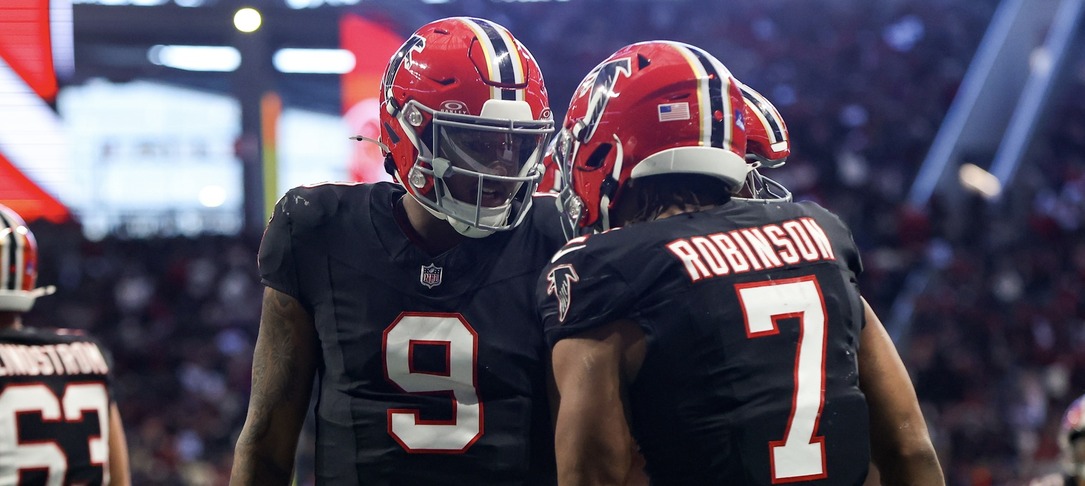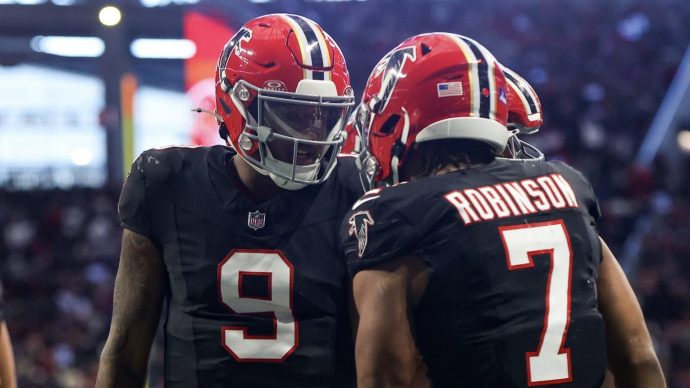This is a developing story.
It took an overtime period, but the conference committee on sports betting reached an agreement that will legalize sports betting in Massachusetts.
I am proud to announce that the Sports Betting Conference Committee has reached an agreement on legislation that will legalize wagering on professional and collegiate sports in Massachusetts, bringing the immense economic benefits of a legal sports betting industry to MA. (1/2)
— Speaker Ron Mariano (@RonMariano) August 1, 2022
The legislation will now go to Gov. Charlie Baker’s desk, who has indicated he is eager to sign sports betting into law. There is some talk of an expedited launch, with the possibility of sports betting up and running before the NFL season. Before you get too excited, this early launch will likely be retail-only, with a mobile launch to follow.
Details are still emerging, but the final version (H 5164) is much closer to the House bill than the Senate.
Inside the Massachusetts Sports Betting Compromise
College Betting
The big compromise was on college sports. The Senate wanted a blanket ban, while the House bill had zero restrictions. The bill that emerged from the conference committee prohibits betting on in-state colleges with an exception made for tournaments. That means Oregon is the only state with a blanket ban on college betting.
Tax Rates and Licenses
The tax rate was in the middle of the two bills, with the conference committee settling on a 15% rate for in-person wagers and 20% for mobile wagers. The bill doesn’t allow operators to deduct promotional spending or carryover losses. The only pre-tax deduction is the federal excise tax on sports wagering. that will result in a roughly 2% reduction to the tax rate, lowering it to about 18%.
Massachusetts could have as many as 15 mobile sports betting licenses. The bill allows for in-person wagering at casinos and horse racing and simulcast racing facilities. Each casino is authorized to operate up to two mobile betting skins. Each racing facility is allowed one mobile skin. Additionally, seven untethered mobile platform licenses will be made available.
Sports betting licenses come at a cost of $5 million every five years.
Advertising and Consumer Protections
Advertising restrictions were another point of contention, but the final bill eliminates most of the specific prohibitions. There are some boilerplate restrictions, but promulgating advertising regulations is left up to the regulators.
One policy from the Senate bill that did survive was a ban on credit cards. The compromise bill prohibits the use of credit cards to fund accounts.
The legislation also requires mobile betting platforms to “prominently display upon each entry into the application or platform the telephone number and website for a problem gambling hotline overseen by the department of public health.”
There is also the establishment of the Public Health Trust Fund, funded by an annual $1 million stipend from each Category 3 Licensee (mobile) and 9% of the tax revenue collected from sports betting.
Part of its mission is to set a research agenda with the following goals:
(i) an assessment of whether problem sports wagering is comorbid with problem gambling;
(ii) an assessment as to whether the individuals participating in sports wagering are different than those who participate in other forms of gaming or gambling;
(iii) an assessment of the impact of sports wagering on youth under the age of 25;
(iv) an assessment of the impacts of sports wagering on college athletics and professional sports; and
(v) the costs of implementing this chapter.
Studys
The bill authorizes two studies:
- Kiosk betting at bars and restaurants, including its community impacts.
- The participation by minority, women, and veteran business enterprises.
A third study on Sports Wagering Offered by Pro Sports Teams was held in conference.
What Happens Next?
The next step (following the expected signature of Gov. Baker) is the promulgation of regulations.
The Massachusetts Gaming Commission has already done significant work on this front and could release draft regulations very soon. Those regulations will likely spell out some of the advertising and responsible gaming policies that were left up to the regulators. Look for Massachusetts to tread new ground, just as it did when it legalized casino gambling and implemented two first-of-their-kind programs, GameSense and PlayMyWay.
So how quickly can the MGC enact regulations?
During a panel discussion at UNH earlier this year, MGC Chair Cathy Judd-Stein intimated that the MGC was getting out of ahead of sports betting regulations. “We also want to be ready because we know that, like with our fellow regulators, it gets rolled out real fast,” Said Judd-Stein. “The team is looking really carefully at all the proposals that have been filed so far in Massachusetts.”
Judd-Stein went on to say that if the MGC was put in charge of sports betting, “we’d be able to get those regulations in place nimbly, and we’d be able to start issuing licenses to those who are eligible under the new law to start accepting sports bets.”






